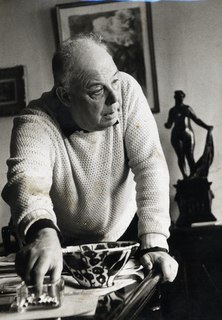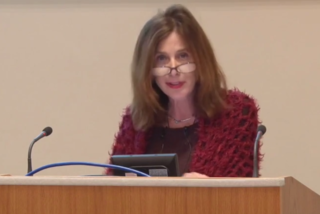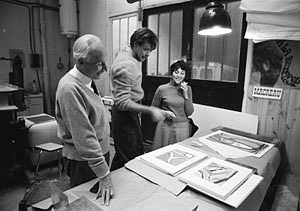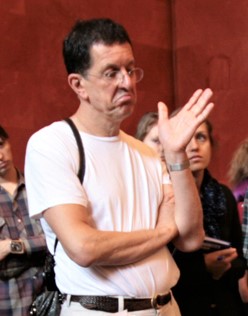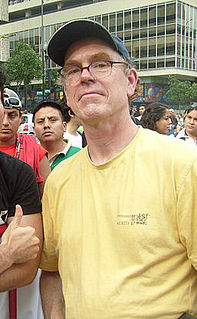A Quote by Rainer Maria Rilke
Art too is just a way of living, and however one lives, one can, without knowing, prepare for it; in everything real one is closer to it, more its neighbor, than in the unreal half-artistic professions, which, while they pretend to be close to art, in practice deny and attack the existence of all art - as, for example, all of journalism does and almost all criticism and three quarters of what is called (and wants to be called) literature.
Quote Topics
Related Quotes
I found so-called great art too pompous, too stiff. What at this time was called minor art was freer, more imaginative, more open to all kinds of unorthodox expression, all kinds of daring in the handling of materials, and I preferred to surround myself with this type of art than with the great collectors' pieces. I had always in my mind that I was collecting for learning.
Fine art, that exists for itself alone, is art in a final state of impotence. If nobody, including the artist, acknowledges art as a means of knowing the world, then art is relegated to a kind of rumpus room of the mind and the irresponsibility of the artist and the irrelevance of art to actual living becomes part and parcel of the practice of art.
To the question, ‘Is the cinema an art?’ my answer is, ‘what does it matter?’... You can make films or you can cultivate a garden. Both have as much claim to being called an art as a poem by Verlaine or a painting by Delacroix… Art is ‘making.’ The art of poetry is the art of making poetry. The art of love is the art of making love... My father never talked to me about art. He could not bear the word.
In Mexico, muralism is an important part of the artistic vocabulary, and it has a very different place than it does in the US. Here, you see mainly commercial signage and dead slick graphic works, or murals that are incredibly narrative and littered with too much content - bad political art. But in Mexicali, all kinds of artists work with mural art. In Mexicali, the social practice of art existed in a completely authentic and unselfconscious way.
Art is not for the personal satisfaction of one or the other, but art wants to return all what's in life... Art wants to give back everything what's in our lives. The more comprehensive the artist stands in life the more powerful his work will speak, and therefore a work of art is a measure of the mental size of his creator.
What is the art experience about? Really, I'm not interested in making Art at all. I never, ever, think about it. To say the word Art, it's almost like a curse on art. I do know that I want to try to get closer to myself. The older I get, the more indications I have about what it is to get closer to yourself. You try less hard. I just want to be.
I love art, and I love history, but it is living art and living history that I love. It is in the interest of living art and living history that I oppose so-called restoration. What history can there be in a building bedaubed with ornament, which cannot at the best be anything but a hopeless and lifeless imitation of the hope and vigor of the earlier world?
Art on the contrary sought this harmony in practice [of art itself]. More and more in its creations it has given inwardness to that what surrounds us in nature, until, in Neo-Plasticism, nature is no longer dominant. This achievement of balance may prepare the way for the fulfillment of man and signal the end of (what we call) art.
We profess to teach the principles and practice of medicine, or, in other words, the science and art of medicine. Science is knowledge reduced to principles; art is knowledge reduced to practice. The knowing and doing, however, are distinct. ... Your knowledge, therefore, is useless unless you cultivate the art of healing. Unfortunately, the scientific man very often has the least amount of art, and he is totally unsuccessful in practice; and, on the other hand, there may be much art based on an infinitesimal amount of knowledge, and yet it is sufficient to make its cultivator eminent.
Contemporary art is based on that an artist is supposed to go into art history in the same way as an art historian. When the artist produces something he or she relates to it with the eye of an art historian/critic. I have the feeling that when I am working it is more like working with soap opera or glamour. It is emotional and not art criticism or history of art.
I don't have a very high opinion, actually, of the world of criticism - or the practice of criticism. I think I admire art criticism, criticism of painting and sculpture, far more than I do that of say films and books, literary or film criticism. But I don't much like the practice. I think there are an awful lot of bad people in it.



